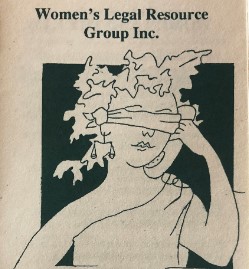Our office is closed
We will reopen at 9am Monday 8 January 2024.
You can contact Victoria Legal Aid for legal support or Safe Steps for family violence support.
Our duty lawyer services will continue during this period. Please contact your local court if you need legal help at court.
To exit this popup box click anywhere on the screen.









